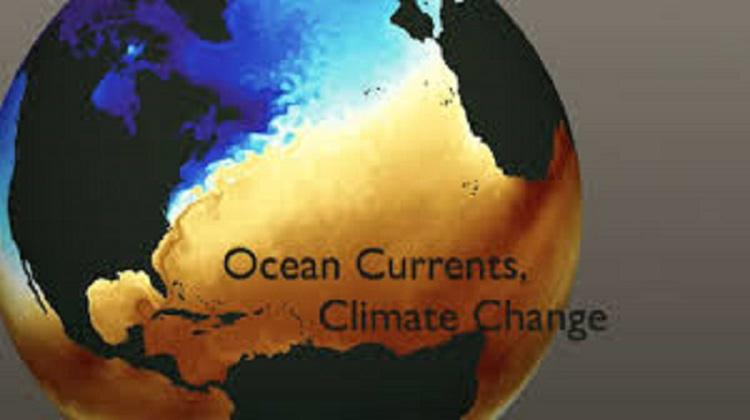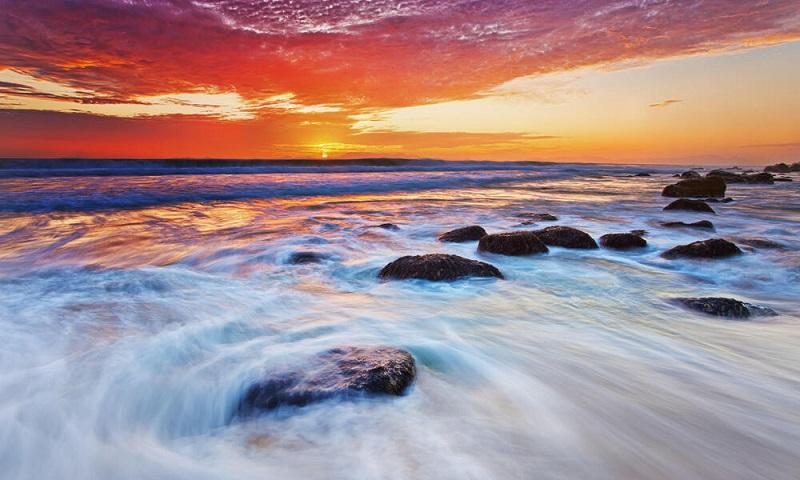
Massive ocean currents, such as the gulf stream, move heat from one part of the planet to the other. This process, in part, helps to give Western Europe its mild winter climate.
Cimate change is already having a visible effect on the world’s temperatures and scientists are starting to build a clearer picture of what happens when certain climate components near their tipping point.
Explaining the situation for the science program RAZOR is Levke Caesar, part of an international group from the UK, Ireland and Germany collecting data about one of the largest ocean currents – known as the AMOC. [There is alink to this video below]
Source: CGTN 31-Jul-2021. https://newseu.cgtn.com/news/2021-07-31/-How-ocean-currents-reveal-new-secrets-about-climate-change-12jYE9gFFRK/index.html
How climate change relates to oceans
Oceans are a global force of nature that form the foundation of the blue planet on which we live. They cover 71% of our planet’s surface and make up 95% of all the space available to life. They are a life-support system for Earth and a global commons that provide us with free goods and services, from the food we eat to the oxygen we breathe.
The oceans also regulate the global climate; they mediate temperature and drive the weather, determining rainfall, droughts, and floods. They are also the world’s largest store of carbon, where an estimated 83% of the global carbon cycle is circulated through marine waters.

But the interaction between these two natural forces is altering, and the exchange is intensifying. We’re seeing the consequences of this around the world. In the last 200 years, the oceans have absorbed a third of the CO2 produced by human activities and 90% of the extra heat trapped by the rising concentration of greenhouse gases.
As the climate responds to decades of increasing carbon emissions, the store of energy and heat from the atmosphere builds up in the ocean. If we reach a tipping point, we will likely see more extreme weather events, changing ocean currents, rising sea levels and temperatures, and melting of sea ice and ice sheets—all of which aggravate the negative impacts of overfishing, illegal fishing, pollution, and habitat degradation.
But perhaps of greatest concern is that the basic chemistry of oceans is changing faster than it ever has over the past 65 million years. The continual absorption of CO2 increases acidity levels, and—when combined with the warming of our oceans—more coral reefs are dying off and can no longer offer a healthy ocean habitat for the species that rely on them for food and protection. Scientists estimate if the current rates of temperature increase continue, the oceans will become too warm for coral reefs by 2050.
But even though the challenge of addressing climate change seems immense, solutions are possible to secure a living ocean for a healthy global climate.
Source: WWF, https://www.worldwildlife.org/stories/how-climate-change-relates-to-oceans